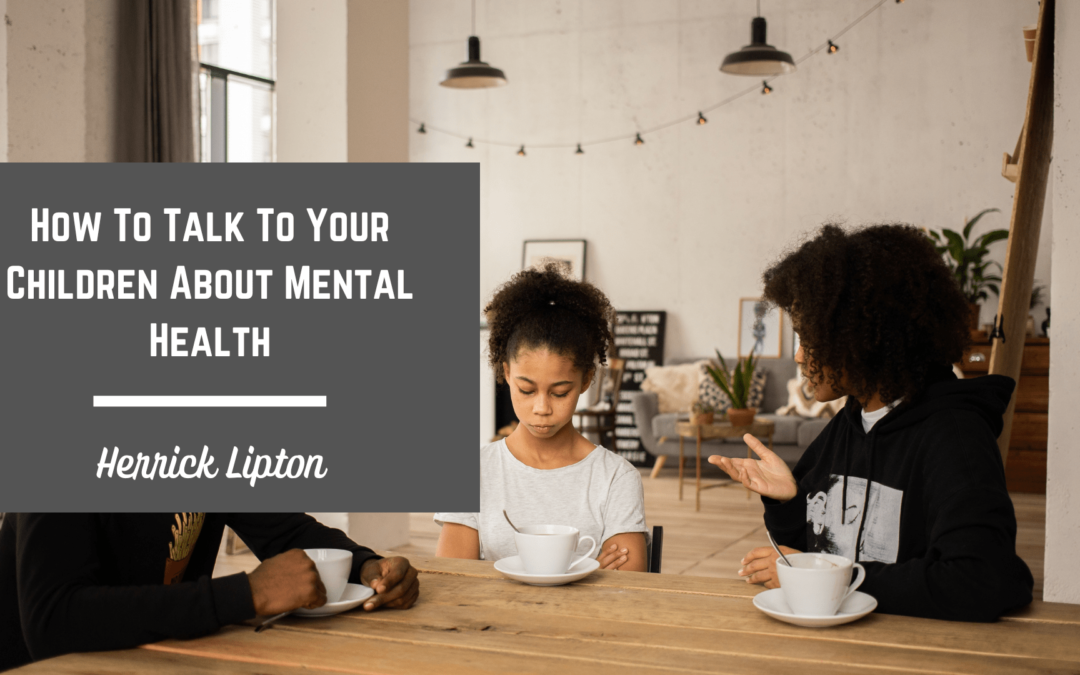Even though talking about mental health can be hard for older people, it can be even harder for younger people.
Various factors, such as the developing brain, the prevalence of misinformation, and the lack of support, make it hard to talk about mental health. This is why it’s important to talk about it with your kids.
The pandemic has been very difficult for everyone. However, it has been especially hard for children. Their social life, outdoor activities, and daily routines were disrupted, which damaged their mental health. They are at risk of developing psychiatric disorders as a result.
Despite the seriousness of the situation, we are still positive that there is hope. The increasing number of people talking about mental health can help raise awareness about the importance of honest discussion.
Set an Example
Talk to your kids about how you handle big feelings. It’s also OK to tell them that you are sad or upset about a particular experience.
It’s also important to talk about your parenting boundaries. A clear understanding of these limits can help prevent your child from feeling pressured to care for your mental health.
One of the most important steps to maintaining this boundary is regularly discussing how you’re taking care of your feelings.
Be Direct
Being direct with your kids can help keep them safe. If you notice something is wrong, talk to them directly to make them feel safe.
Due to advancements in mental health treatment, there are now more options available for people who need help. If you suspect that your child is experiencing suicidal thoughts or is engaging in risky behavior, talk to them directly.
You should also seek professional help. If you feel that it’s an emergency, you can call 911.
Connect With Them
Today’s youth rely on social media a lot. It can be easy to write off these platforms as a negative influence in their lives, creating a culture of false expectations and comparison.
It’s important to talk to your kids about their current interests. It’s also important to check their social media profiles to see who they follow. It could be their friends or public figures.
Ask your kids about their favorite content and what they find interesting on social media. This can help you identify their interests and connect with them on a deeper level. For instance, they may find a musician who talks about mental health incredibly relatable.
According to studies, engaging with your kids on social media can promote mental health. It can also help keep up with the changes that are happening in the world.
Even if your child’s interests seem out of your comfort zone, engaging with them can foster closeness and trust. Taking an interest in what your child is passionate about can also help build trust and closeness.
Emphasize Self-Care
One of the most important factors that you can consider when it comes to developing a healthy self-care routine is to turn it into a family affair. This can involve taking part in regular walks together, meditation, and cultivating an environment that’s safe to talk about challenging feelings.
Creating rituals with each of your kids can also help create a healthy self-care routine. For instance, you can get your nails done and spend some time with your child as you check in on their feelings.
Make sure that your routine feels as normal as possible, and this can help make mental health and self-care conversations more regular.
